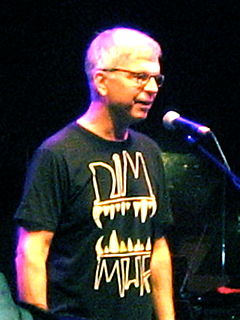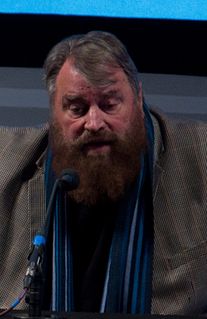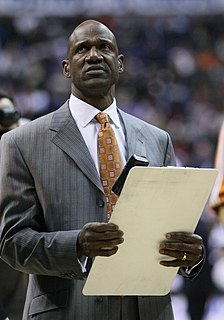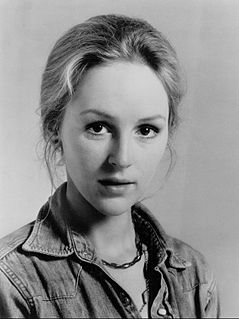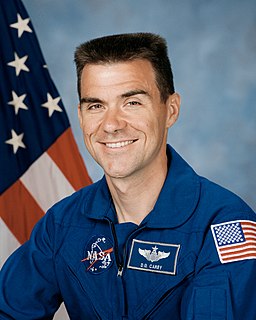A Quote by Tony Visconti
My father had a brilliant scholastic record in high school and was awarded a college scholarship. Unfortunately he had to turn it down so that he could continue to support his family.
Related Quotes
I had to leave school at 14 because my father got injured in the mines and I had to support my family. I was an undertaker's assistant, then a plasterer, before doing my military service in the RAF. All the while, I was doing amateur dramatics and dreaming of getting a scholarship to the Bristol Old Vic Theatre School.
I had to leave school at 14 because my father got injured in the mines and I had to support my family. I was an undertakers assistant, then a plasterer, before doing my military service in the RAF. All the while, I was doing amateur dramatics and dreaming of getting a scholarship to the Bristol Old Vic Theatre School.
My father was brought to this country as an infant. He lost his mother as a teenager. He grew up in poverty.Although he graduated at the top of his high school class, he had no money for college. And he was set to work in a factory but, at the last minute, a kind person in the Trenton area arranged for him to receive a $50 scholarship and that was enough in those days for him to pay the tuition at a local college and buy one used suit. And that made the difference between his working in a factory and going to college.
My father had a real short fuse. He had a tough life - had to support his mother and brother at a very young age when his dad's farm collapsed. You could see his suffering, his terrible suffering, living a life that was disappointing and looking for another one. My father was full of terrifying anger.
I had a fantastic teacher in high school. I had one of those guys you dream of having, who molds your life and inspires you to go in a particular direction, and he was quite brilliant. His name was Cecil Pickett, and a lot of the kids from my high-school drama class are in professional show business and have done quite well.
My older brother was a musical prodigy, and he got a scholarship to the Bronx House Music School. We moved to the Bronx when I was 4 to be close to his music school. Then I got a music scholarship myself, at the age of 6, but that was for a school down in Greenwich Village. I had to take the elevated train and then the subway to get there.
College was pivotal for me. It broadened my horizons, taught me to think and question, and introduced me to many things - such as art and classical music - that had not previously been part of my life. I went to college thinking that I might teach history in high school or that I might seek a career in the retail industry, probably working for a department store, something I had done during the holidays while in high school. I came out of college with plans to do something that had never crossed my mind four years earlier.
In 2005, a man diagnosed with multiple myeloma asked me if he would be alive to watch his daughter graduate from high school in a few months. In 2009, bound to a wheelchair, he watched his daughter graduate from college. The wheelchair had nothing to do with his cancer. The man had fallen down while coaching his youngest son's baseball team.
After my mother died, I learned that she'd had a scholarship to the University of Nebraska, but - in kind of a tradition that females don't do things like that - her father prevented her from going. She always said that she wasn't allowed to go to college, but until she died, I never knew that she'd had this scholarship.
